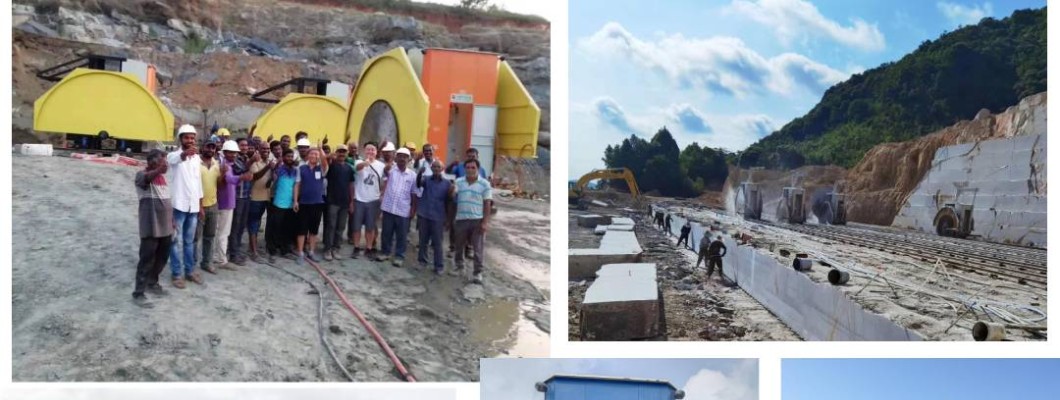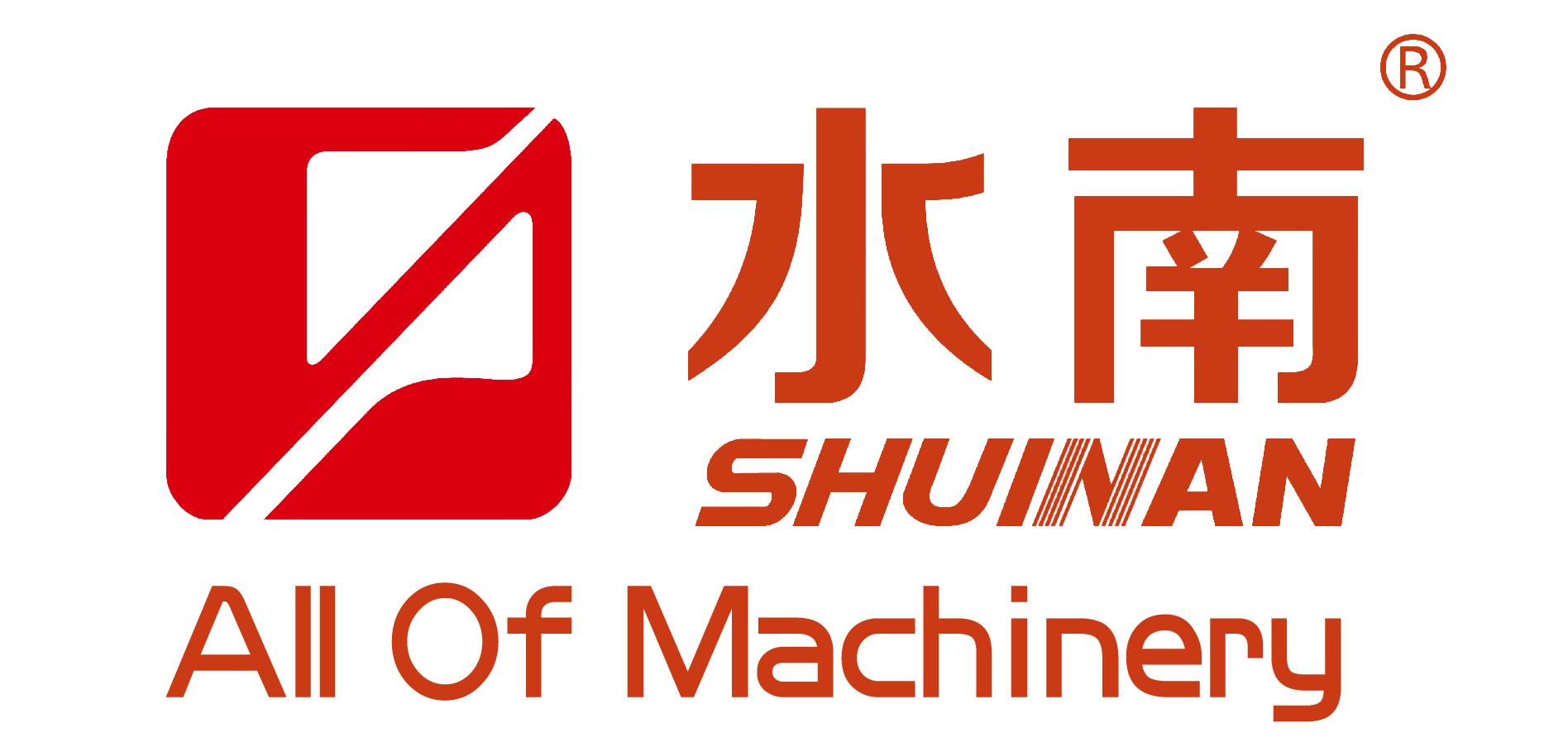
Stone Equipment Exported to Africa: Local Standards & Customs Tips
In the global stone processing industry, the African market has been gaining momentum in recent years. Countries like Egypt, South Africa, Nigeria, and Kenya are experiencing increasing demand for stone processing equipment. As the market demand grows, more and more stone machinery manufacturers are starting to export their equipment to Africa. However, for businesses entering this market for the first time, understanding local standards, certification requirements, and customs processes is crucial. This blog will help you understand the key factors to consider when exporting stone equipment to Africa.
1. Understanding the Demand in the African Market
Overview of Africa's Stone Industry
Africa is rich in natural stone resources, including marble, granite, and limestone. As the construction industry thrives, the demand for stone processing equipment continues to rise in many African countries. Particularly in Algeria, Morocco, Nigeria, South Africa, and other nations, the stone processing industry is expanding rapidly.
Key Areas of Demand:
- Construction & Infrastructure: Large-scale construction projects are driving the demand for stone, especially in regions experiencing rapid urbanization.
- Decorative & Home Industry: As consumer demand for stone products increases, the need for stone processing equipment is also on the rise.
- Export Demand: Africa is an important producer of stone raw materials globally, and the demand for stone processing equipment is growing year by year.
Understanding these demands will help you select the right stone machinery for the African market.
2. Local Standards and Certification Requirements in Africa
International Certifications (CE, ISO)
Most African countries require imported stone machinery to meet international safety and quality standards, such as CE certification and ISO 9001. These certifications not only enhance the competitiveness of the equipment but also ensure its safety and durability. Whether it’s CNC cutting machines, bridge saws, polishing machines, or others, it is crucial to ensure the equipment meets these international standards.
Specific Local Standards
Different African countries may have specific requirements for imported machinery. It is essential to familiarize yourself with and comply with the local standards before exporting. Here are some common requirements:
- Electrical Standards: Many African countries have strict regulations regarding the electrical safety of imported machinery, requiring compliance with local power system standards.
- Mechanical Performance Requirements: Countries may have varying technical specifications regarding machinery efficiency, productivity, and lifespan.
- Environmental Standards: With growing awareness of environmental protection, some countries are beginning to impose stricter emission standards for stone processing equipment.
Ensuring your equipment meets these standards will help minimize compliance risks and reduce the likelihood of returns.
3. Customs Tips for Exporting to Africa
Preparing Export Documents
When exporting stone machinery to Africa, it is essential to prepare the necessary export documents to ensure smooth customs clearance. Here are some essential documents:
- Commercial Invoice: Clearly list the product description, quantity, and price.
- Packing List: Detail the contents of each package.
- Certificate of Origin: Proof of the product's origin.
- Shipping Documents: Such as the Bill of Lading for shipping.
- CE or ISO Certificates: Documents proving that the equipment meets international standards.
Make sure these documents are accurate to avoid customs delays or issues related to taxes and duties.
Customs Duties & Taxes
Different African countries have varying customs duties and tax policies for imported equipment. It’s vital to research the import tax rates and customs policies in your target market in advance. Some countries may offer tax exemptions or reductions for specific types of machinery, so understanding these policies can help reduce costs.
Customs Clearance Process
The customs process varies from country to country, but generally, the steps are as follows:
- Declaration of Goods: Declare the goods to customs once they arrive at the destination port.
- Paying Duties: Pay the applicable customs duties and import taxes based on the local regulations.
- Customs Inspection: Customs will check if your goods meet local regulations and review the accompanying documents.
- Release of Goods: Once cleared, the shipment is released, and your logistics partner will arrange delivery to the final destination.
It is recommended to work with a reliable customs broker or local logistics company to ensure a smooth clearance process.
4. Logistics and Shipping in Africa
Sea Freight
For most African countries, sea freight is the most cost-effective option. You can ship the stone equipment via container to the destination port and then arrange for inland transportation. Partnering with an experienced international freight forwarder can help ensure smooth shipping.
Land Transport
For some landlocked countries, customs and transport processes may be more complicated. It's advisable to work with a logistics company that has experience in inland transport. Be sure to choose vehicles that comply with local road transport regulations and plan the transport route in advance.
5. How to Reduce Shipping Costs and Risks
Choosing the Right Packaging
Ensure that the stone machinery is packaged according to international shipping standards and that it is protected against damage during transit. Using waterproof and shock-resistant materials can minimize the risk of damage or loss during shipping.
Insurance
To mitigate the risk of damage or loss during transportation, it is highly recommended to purchase transportation insurance. This will provide protection for your equipment during transit.

Leave a Comment